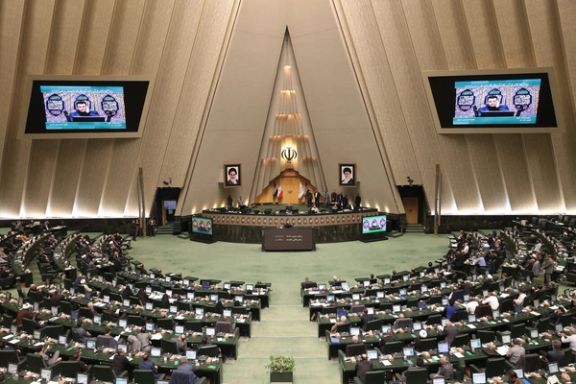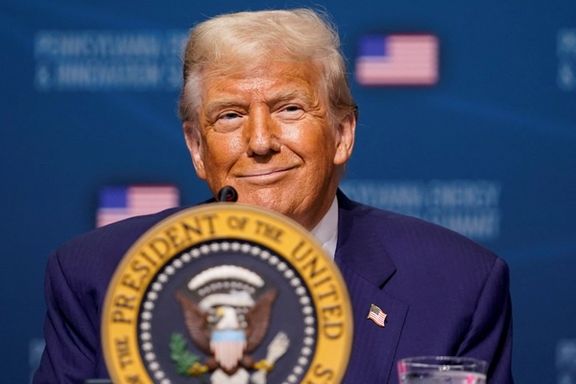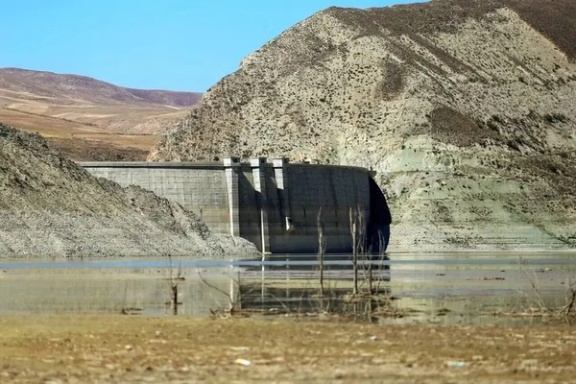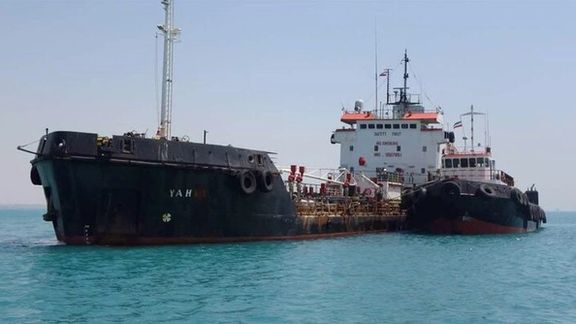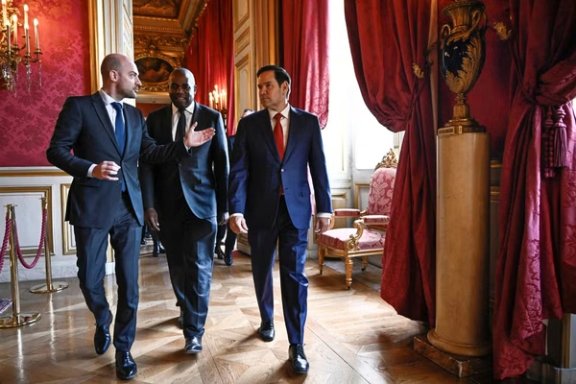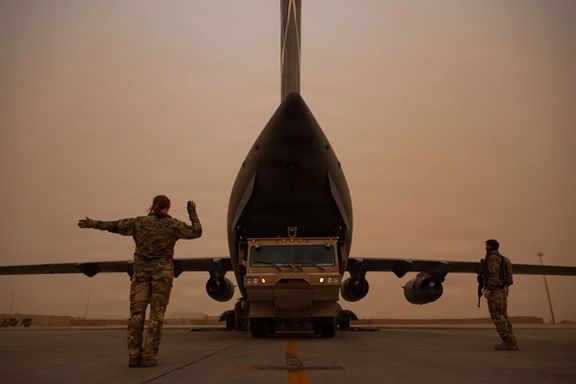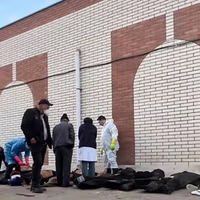“We are in talks with Turkmenistan, Afghanistan, Tajikistan and Uzbekistan,” Aliabadi said, adding that five years of drought have left Iran with a 44 percent deficit in rainfall compared to long-term averages.
“There is no water now—we must use it slowly to make it last,” he said. “If your income is low, you spend more cautiously; it’s the same with water.”
The Islamic Republic has long been criticized for its inability to manage drought and water scarcity, and the current crisis is affecting much of the country, including Tehran, Khorasan, Markazi, Hormozgan, and Sistan and Baluchestan provinces.
Aliabadi warned that the capital’s Mamloo Dam may be lost within a month, and conditions at Latian and Karaj dams were also deteriorating. He cited a 30 to 40 percent drop in rainfall and dam reserves across the country.
“We must find different ways to control consumption,” he said.
Meanwhile, residents in Tehran report receiving exorbitant water bills. The CEO of the Tehran Water and Wastewater Company, Mohsen Ardakani, urged households to prepare storage tanks and pumps, saying disruptions may occur in coming days.
“With limited resources, we have no choice but to manage supply,” Ardakani said. “Water will only reach the first and second floors of buildings.”
Behzad Parsa, who heads the Tehran regional water authority, said this year marked the fifth consecutive year of low precipitation in the province. “Rainfall this year has been unprecedentedly low in the past 60 years,” he added.
Official data shows 80 percent of Iran’s groundwater has already been depleted.
